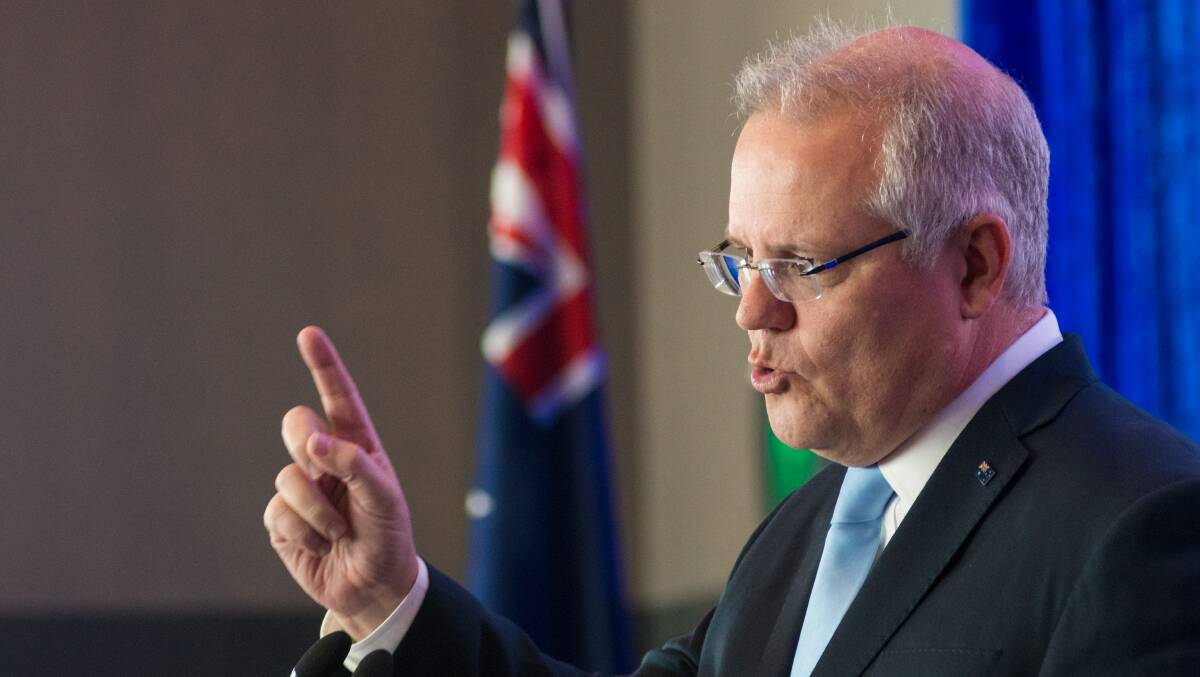An extraordinary saga of a misbegotten idea.
Subscribe now for unlimited access.
or signup to continue reading
It has taken a royal commission to break through the political spin and bureaucratic bumbling. To show the "myriad of ways that things can go wrong through venality, incompetence and cowardice."
The royal commissioner spares no ego. It is not deserved. People died.
Years of denial over the automated debt policy have been stripped bare. The gaslighting of victims and advocates exposed.
Laws were broken. Public servants, including politicians, did not serve the public. Welfare was not a safety net. Those that suffered called it a weapon.
Catherine Holmes has found that the robodebt policy was rushed to cabinet unchecked and unchallenged in "unprecedented" time frames due to a drive for savings.

"Neither fair nor legal, and it made many people feel like criminals," the royal commission report reads.
The commission hearings had politicians and public servants blaming each other. They also heard so many opportunities where this whole miserable thing could have been stopped in its tracks, or at least modified.
READ MORE
The royal commissioner did not hold back on ministers and senior public servants. She was critical of former prime minister Scott Morrison and former ministers Alan Tudge, Stuart Robert and Christian Porter, as well as former department secretary Kathryn Campbell.
Mr Morrison was "untrue" in his evidence and he allowed cabinet to be "misled". On any measure these are grievous actions by a person who lived in the Lodge.
As for former cabinet ministers such as Marise Payne, who could not recall basic information nor had records, she was frustrated and scathing.
"This series of disparate and unsatisfactory answers would have the makings of a child's nursery rhyme if it were not so serious," Commissioner Holmes said.
People trying to establish facts about the scheme, activists, journalists and academics, were thwarted by the existence of public interest immunity. Documentation concerning how the original proposal which became robodebt passed cabinet is still not public.
"Large parts of the relevant ministerial briefs, materials put before cabinet and cabinet minutes themselves have not been able to be revealed," she writes.
"[This] demonstrates the need for greater transparency of cabinet decision making."
Everyone now wants to know who is responsible and what is going to happen to them. Due process has to take place.
In the absence of knowing the names in the sealed section of the report (Stuart Robert and Alan Tudge say it is not them) there is a blame game going on.
Opposition Leader Peter Dutton says the report's release is being used to harm the Coalition's chances at next weekend's Fadden byelection. He has accused the government of politicising the issue.
This is hard to accept, as this is all about a Coalition episode, or saga as the commissioner put it.
The Fadden byelection is all timed after Mr Robert's resignation and the report was timed to what the commissioner wanted: an ability to refer to the new National Anti-Corruption Commission.
There are warnings for all politicians here. And some basic suggestions.
The royal commission has recommended that senior executives at Services Australia spend some time in a front-line service delivery role, to get a taste of the coalface.
It is surprising it did not ask politicians to do that as well.


